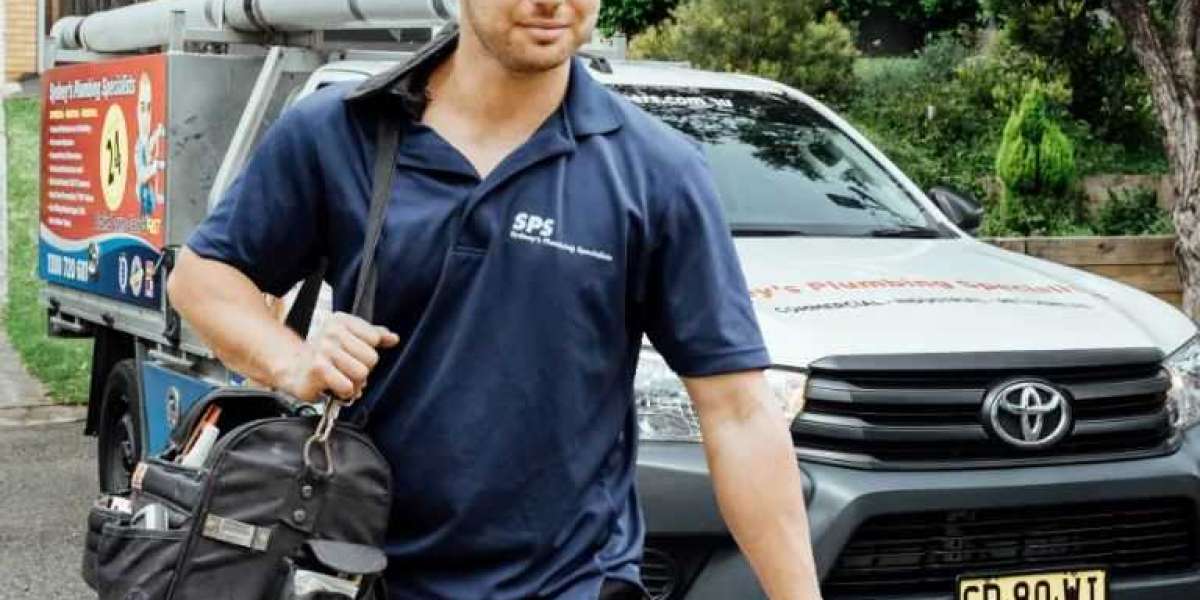While issues like drought and inefficient irrigation practices often get the spotlight, there’s a silent contributor to water waste that many homeowners overlook: leaky taps. These seemingly minor household issues can lead to significant water wastage, escalating costs, and even environmental damage. At SPS Plumbers, we believe that understanding the broader implications of something as simple as a dripping tap can motivate households across Sydney, North Shore, and Inner West to take immediate action.
The Extent of the Problem
Many people ignore a leaky tap because it may appear trivial, but its impact is anything but. A single dripping tap can waste more than 20,000 liters of water annually if left unchecked. Multiply this by the number of homes that have undetected or ignored leaks, and the cumulative water wastage is astronomical.
For a city like Sydney, with a growing population and significant water demands, the compounding effect of these leaks cannot be overstated. The North Shore and Inner West regions, known for their older residential areas, may also face more frequent plumbing issues due to outdated infrastructure.
Environmental Impacts of Water Waste
Water is one of Earth's most precious resources, and in many parts of Australia, it's becoming increasingly scarce. Leaky taps contribute to the unnecessary depletion of this essential resource, but the damage extends beyond just water wastage.
- Energy Consumption in Water Treatment
Before water reaches your tap, it undergoes extensive treatment processes to make it safe for drinking and other uses. This treatment involves the use of energy and chemicals to purify water. When water is wasted through leaky taps, this entire process becomes futile for the amount of water lost. The more water wasted, the more energy required to purify it, which increases the carbon footprint of water treatment plants. This, in turn, contributes to greenhouse gas emissions, further impacting the environment.
- Stress on Local Water Supplies
In regions like Sydney, North Shore, and Inner West, prolonged dry spells have placed significant pressure on water reserves. When leaky taps are left unrepaired, the local water supply has to work harder to meet the growing demands. This not only impacts water availability during droughts but also accelerates the depletion of local reservoirs, leading to potential restrictions and limitations in water usage for the community.
- Water Pollution from Runoff
Another often overlooked environmental impact is the potential for water pollution. Leaks from taps, especially those connected to outdoor hoses, may result in excessive runoff. If the leaking water carries chemicals from household cleaning products, pesticides, or fertilizers, it can seep into the local water table or rivers. This contaminated runoff can pollute natural ecosystems, harming wildlife and affecting local water quality.
Economic and Social Implications
While the environmental consequences of leaky taps are significant, the financial and social implications are equally concerning.
- Rising Water Bills
For households across Sydney, North Shore, and Inner West, a leaky tap can drive up utility bills considerably. What might start as a small increase can compound over time. A seemingly insignificant drip can cost homeowners hundreds of dollars each year. Plumber North Shore of SPS Plumbers often receives calls from clients shocked by sudden spikes in their bills, only to find that a hidden or ignored leak is the culprit.
- Damaging Home Infrastructure
Leaky taps not only waste water but can also lead to long-term damage to your home’s plumbing system. The constant flow of water, no matter how minimal, can erode pipes, leading to rust, mineral build-up, and even larger-scale plumbing issues down the line. A simple leak can eventually become a costly pipe replacement or repair job if left unresolved.
- Impact on Community Resources
Sydney’s growing population places increased demand on public services, and water is no exception. The North Shore and Inner West areas, with their mix of residential and commercial properties, are particularly vulnerable. When more households waste water, either knowingly or unknowingly, it puts pressure on community resources, leading to increased costs for all residents.
How SPS Plumbers Can Help
At SPS Plumbers, we specialize in efficient, sustainable solutions to common plumbing issues. Our experienced team understands the unique challenges faced by homes and businesses in Sydney, the North Shore, and Inner West. Whether it’s fixing a simple leaky tap or addressing more complex plumbing concerns, we offer:
- Prompt Repair Services: We respond quickly to all plumbing concerns to prevent water waste and further damage.
- Comprehensive Inspections: Our Plumber Inner West experts can identify hidden leaks that might be contributing to water waste, helping you reduce costs and your environmental impact.
- Sustainable Solutions: We’re committed to recommending and installing water-saving fixtures and systems that minimize future wastage.
In addition, we offer guidance on maintaining plumbing systems to ensure long-term efficiency. Small steps like replacing worn washers or installing water-efficient taps can have a lasting effect on both your water bill and the environment.
Leaky taps might seem like a minor inconvenience, but their impact on both the environment and your finances is significant. By understanding the broader consequences of water wastage, homeowners in Sydney, North Shore, and Inner West can make informed decisions about addressing plumbing issues sooner rather than later. SPS Plumbers is here to provide expert advice and services to ensure your home remains eco-friendly and cost-efficient. With timely repairs and sustainable practices, we can all contribute to protecting our most valuable resource—water.
More Sources: Plumber Inner West, Sydney Plumber, Plumber North Shore






